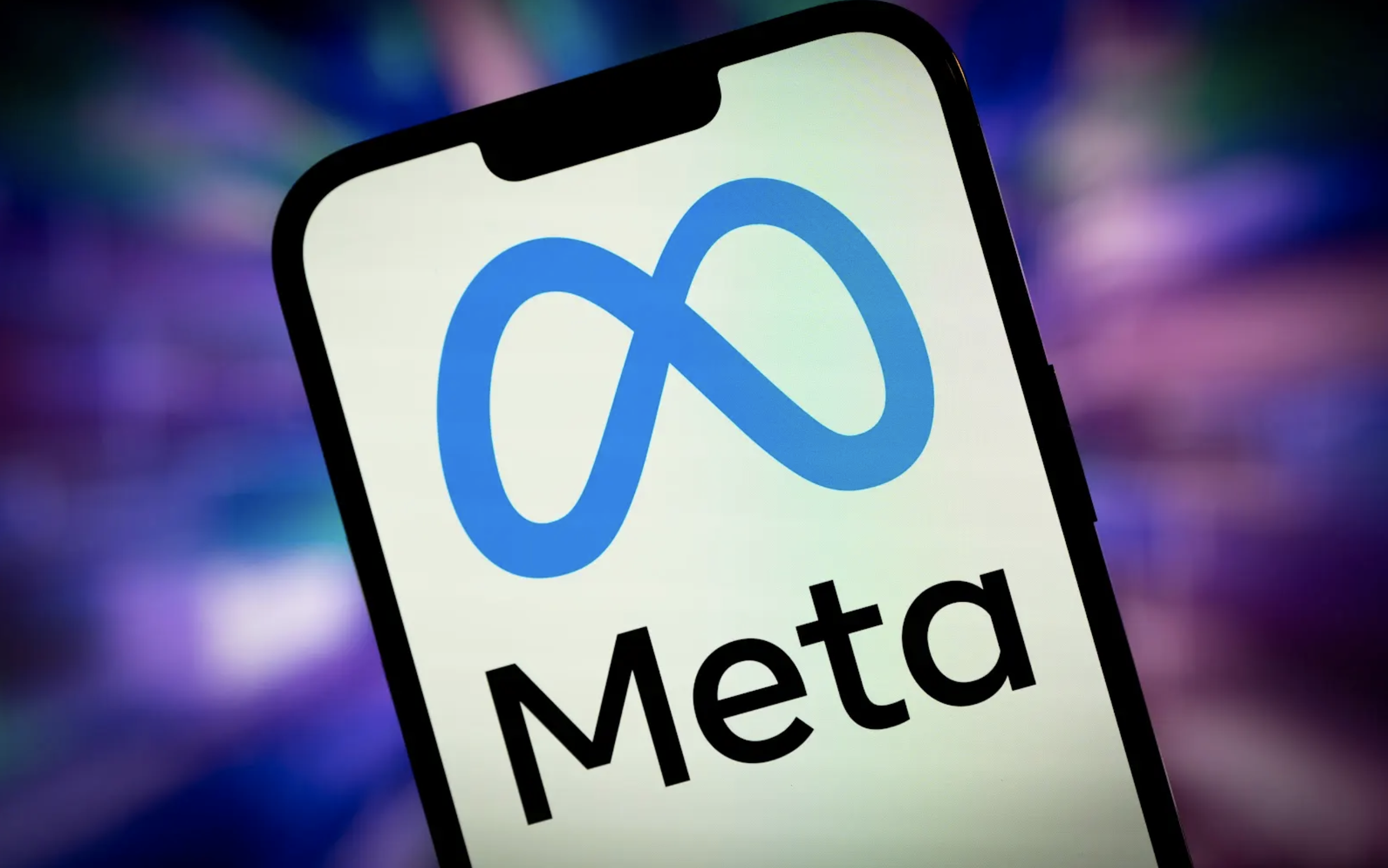Apple isn't the only one changing its financial reporting. Social networking giant Facebook (FB 2.96%) reported fourth-quarter earnings earlier this week, posting a record profit of $6.9 billion even as the company continues to grapple with ongoing privacy scandals. On the conference call, CFO David Wehner also confirmed that Facebook is going to shift how it reports user metrics. Instead of only disclosing metrics for the core Facebook platform, the company will start to emphasize an aggregated figure of users on a core family of apps.
Facebook had introduced this metric last summer, when it had 2.5 billion monthly active users (MAUs) logging into one of the core platforms. This figure has now grown to 2.7 billion, and Wehner says that Facebook will transition toward only reporting this number (emphasis added):
Turning to our overall family metrics, around 2.7 billion people worldwide used one of our applications in December and, on average, over 2 billion people were active daily. This is our best estimate of our de-duplicated audience across Facebook, Instagram, Messenger, and WhatsApp. We believe these numbers better reflect the size of our community and the fact that many people are using more than one of our services. For the time being, we will continue to disclose both sets of numbers but, over time, we expect family metrics will play the primary role in how we talk about our company and we will eventually phase out Facebook-only community metrics.
Facebook's other platforms are driving growth
The change reflects the growing importance of other platforms to Facebook's overall growth trajectory. Instagram has become the most important growth driver for Facebook, for instance, as the popular photo- and video-sharing service continues to ramp up advertising revenue while expanding into areas like e-commerce. Instagram could generate an estimated $14 billion in revenue for 2019 -- 20% of the total revenue that Facebook is expected to bring in this year.

Image source: Facebook.
With Instagram's growing significance to Facebook's overall financials, there is a strong case that Facebook should disclose more metrics around the platform, beyond the irregular celebrations of hitting MAU milestones. By shifting to a family MAU figure, Facebook is acknowledging that Facebook-only metrics are no longer sufficient.
Check out the latest Facebook earnings call transcript.
Integrations within the family
From a strategic standpoint, Facebook had historically allowed Instagram and WhatsApp, the two acquired platforms of the core four, to operate independently. However, it's clear that CEO Mark Zuckerberg has plans to integrate its platforms deeper together in various ways, and Zuck's push for greater control over Instagram and WhatsApp has led to all of the founders of those platforms departing the company.
Facebook is now looking to unify the messaging capabilities of Instagram, WhatsApp, and Messenger, The New York Times reported last month and Zuck confirmed on the call. Facebook is still at the drawing board in terms of how to consolidate the messaging services, but the company does plan on implementing end-to-end encryption by default. The combined messaging platform wouldn't launch until 2020 or later, according to His Zuckness.
Additionally, Facebook already treats all of its platforms as a unified advertising platform, automatically placing ads across the entire network based on where it thinks a particular ad will perform best for the advertising customer. Advertisers can choose to place their ads on only a specific platform, but Facebook recommends those automatic placements for most advertisers.
The growing importance of other platforms in the portfolio, combined with deeper integrations across those platforms, highlight why a family MAU figure really is a more relevant metric for investors.






